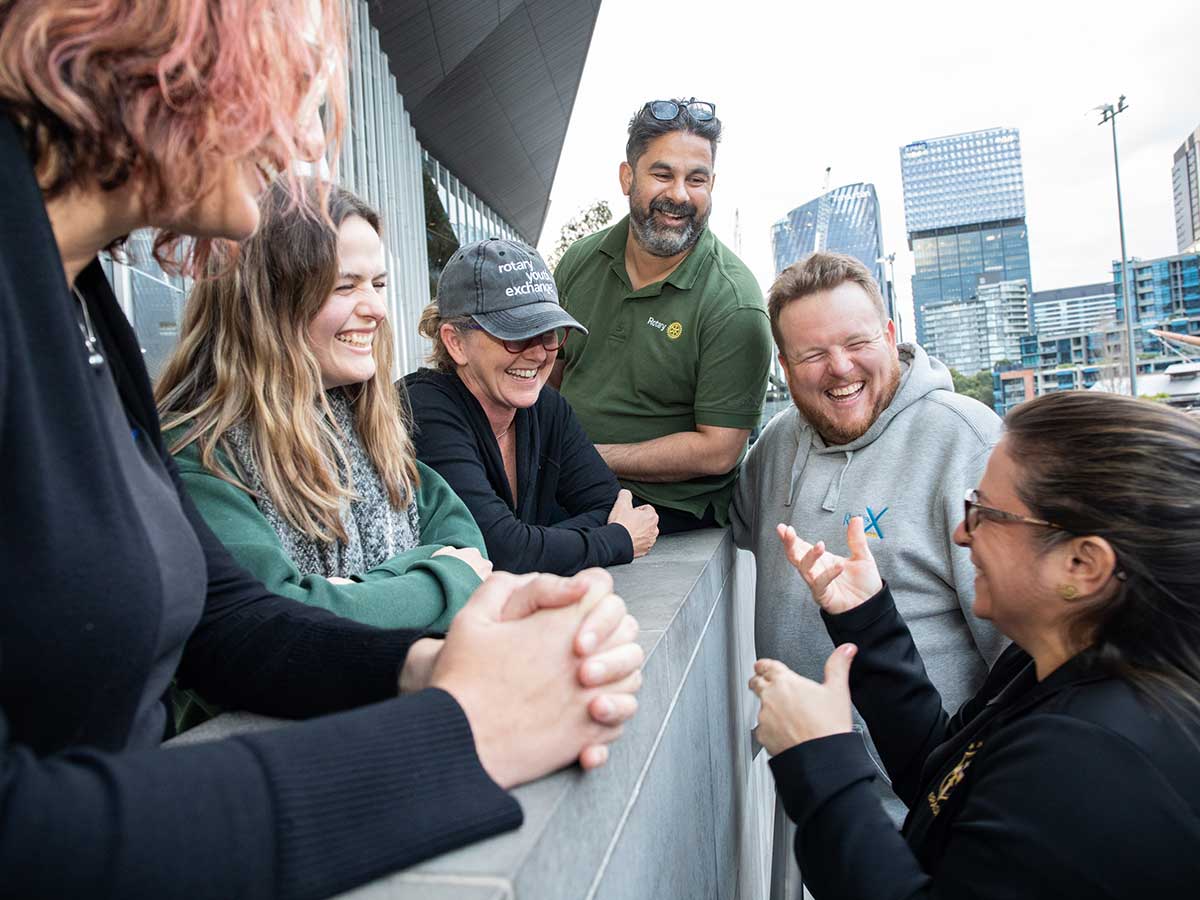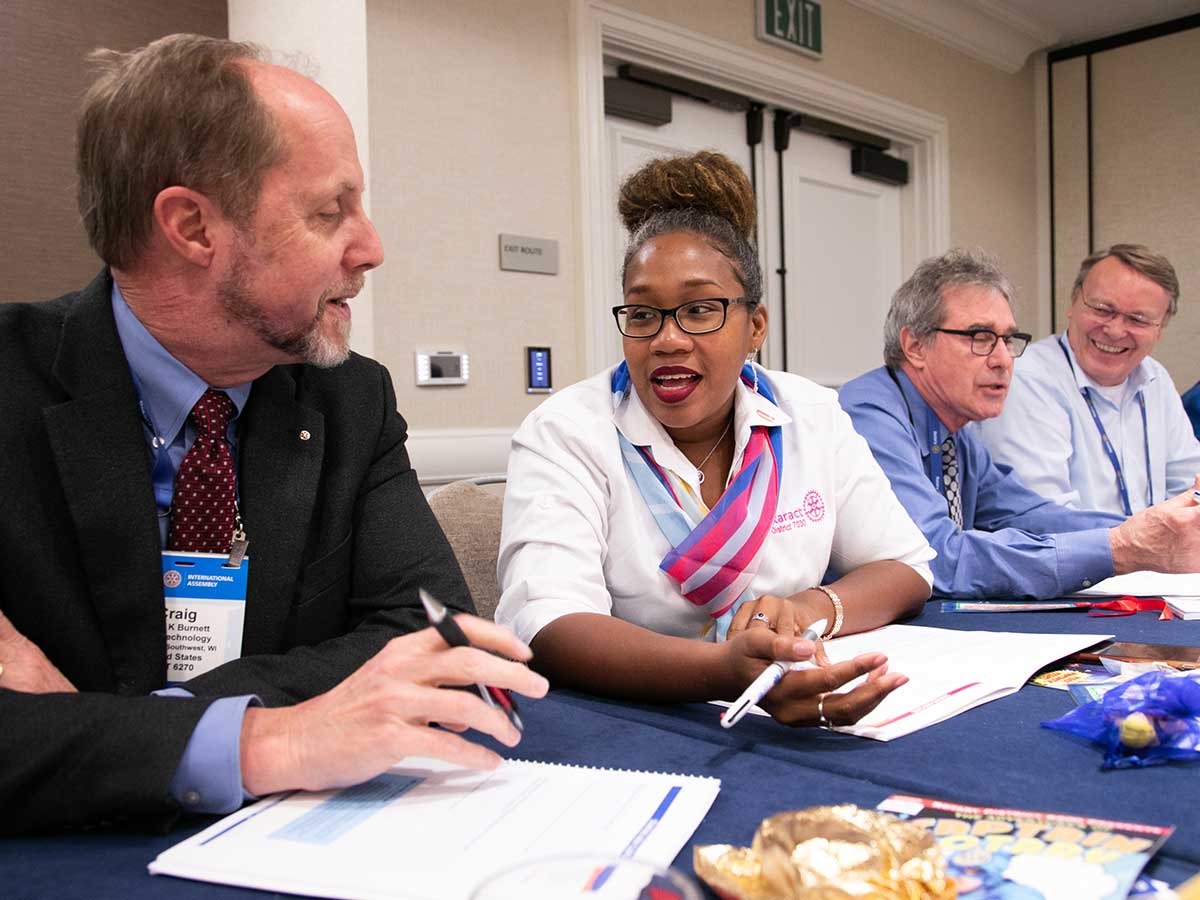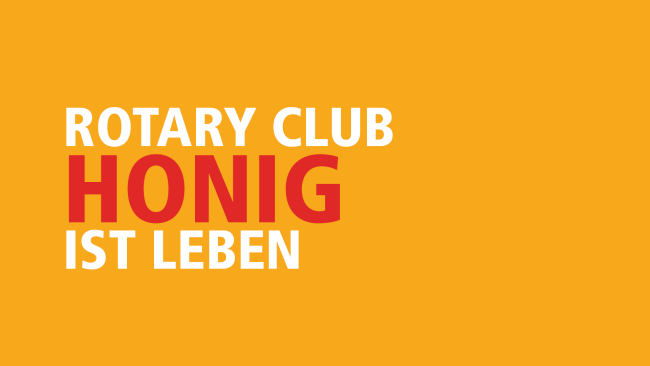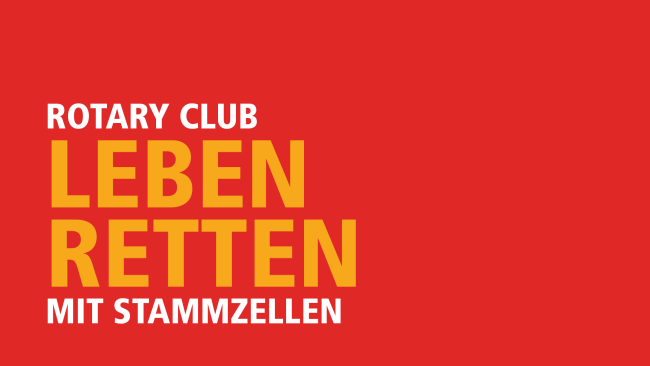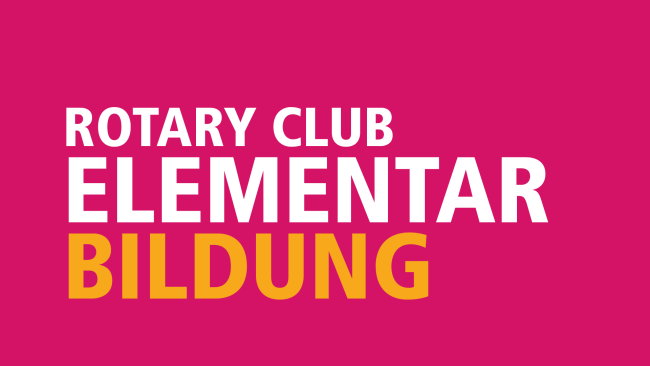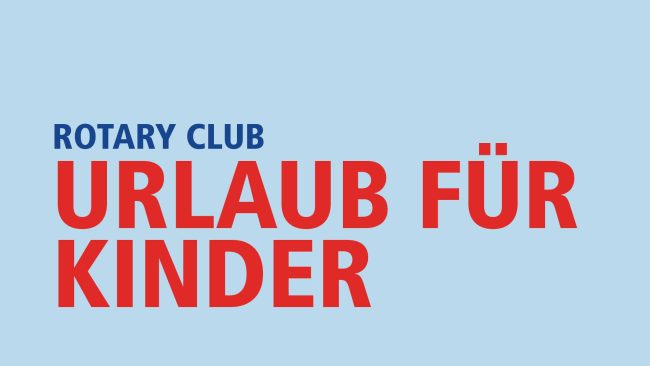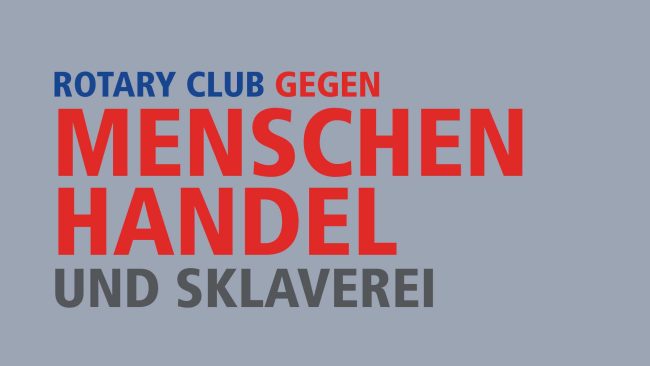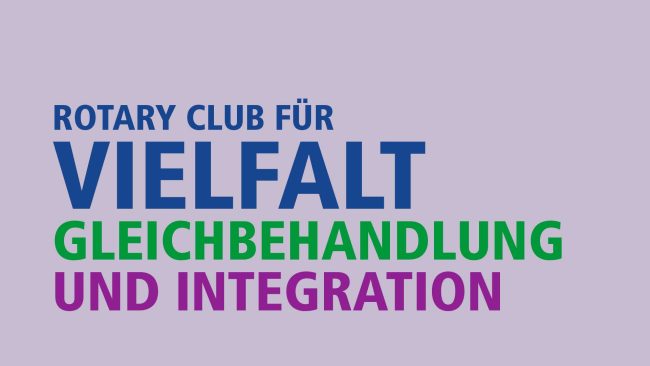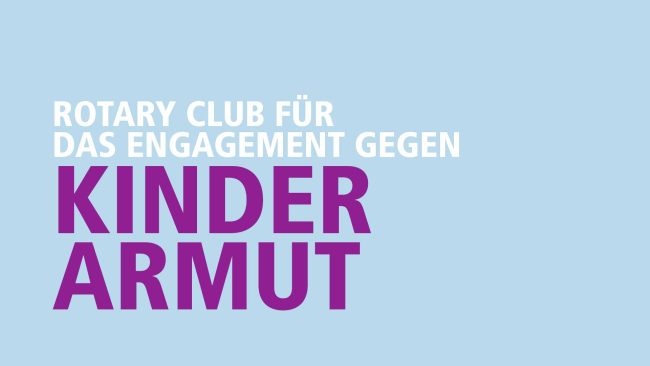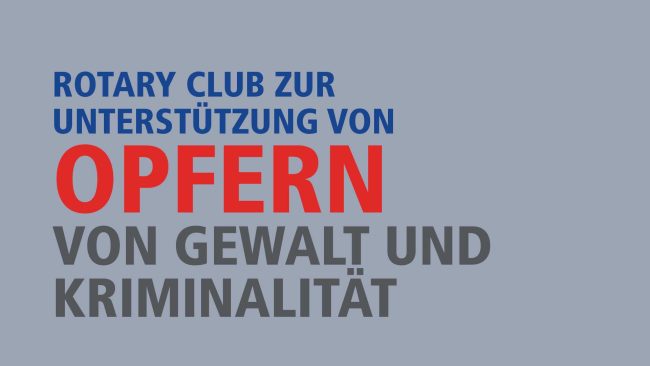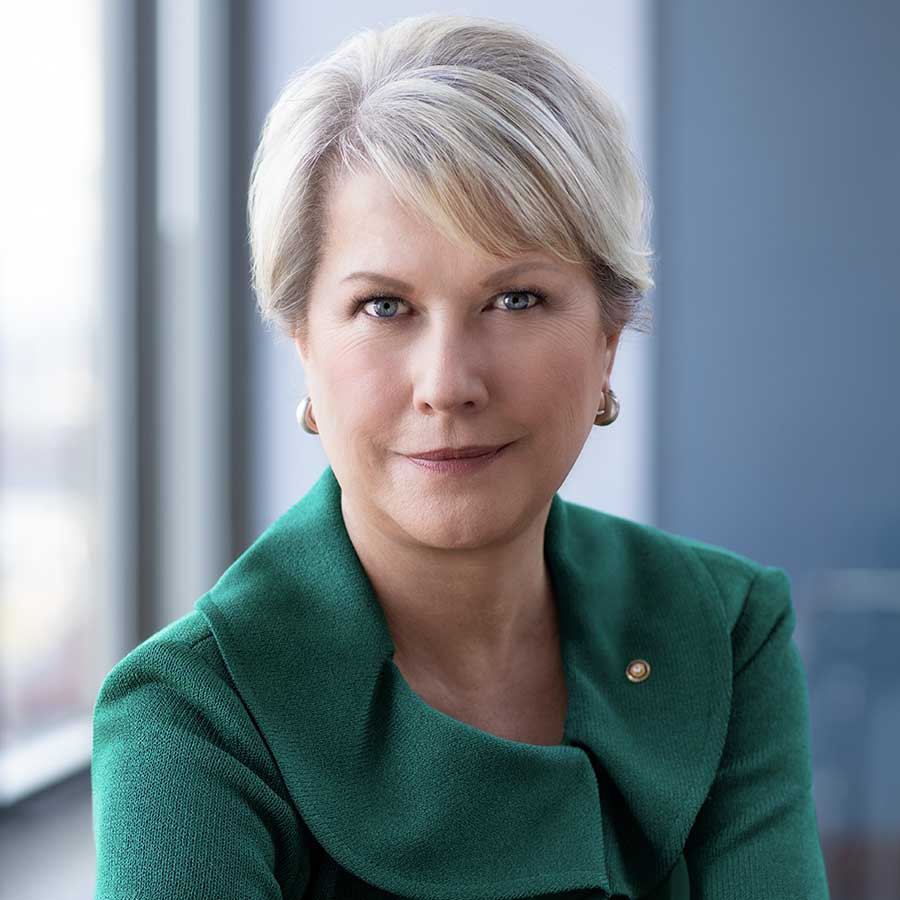Doing good in the world – with Rotary theme clubs
We are starting Rotary clubs that focus on a specific cause or interest – “theme clubs” for short. Are you interested in joining us? Then get in touch with us here.
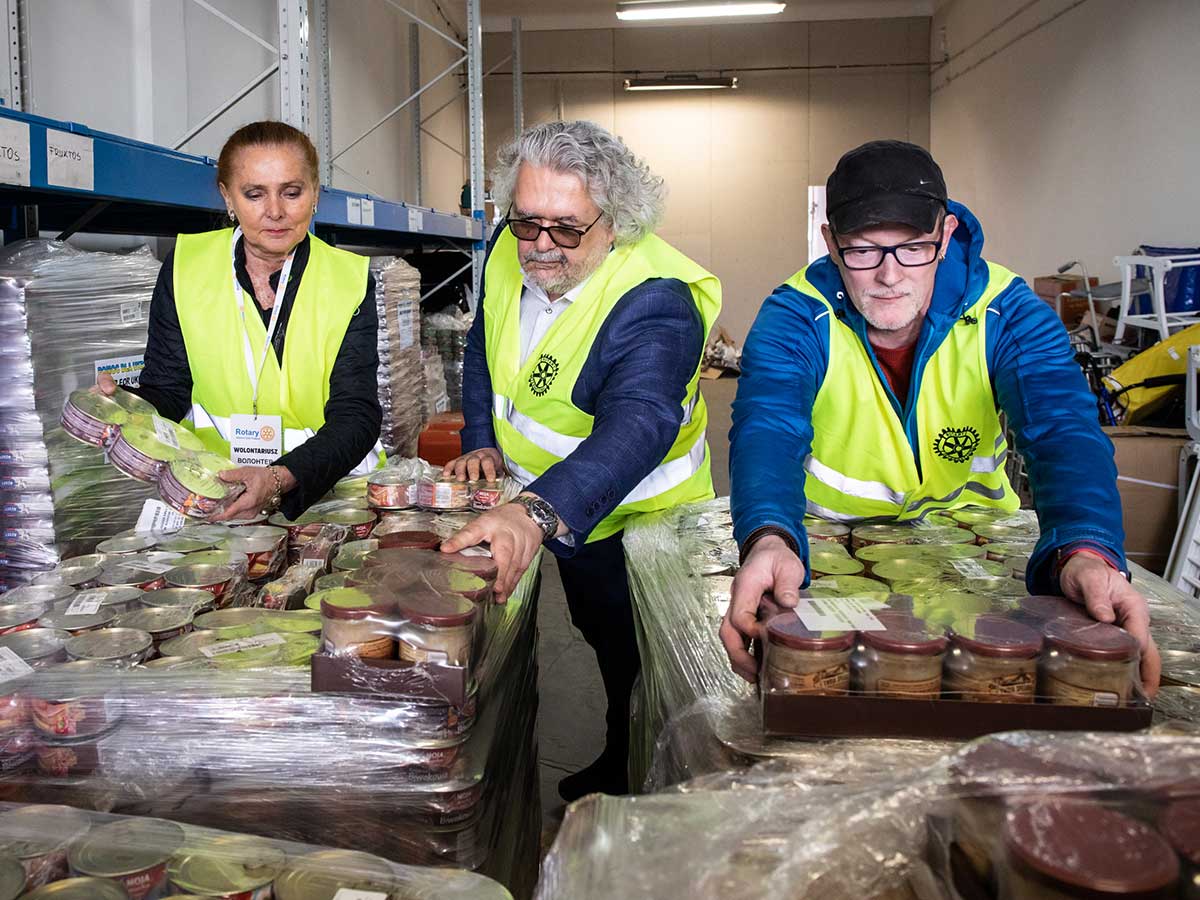
Helping people who are struggling. Working with others on a project close to your heart. Doing good does you good.
About Rotary theme clubs
The strong foundation of Rotary is the classic local clubs that do good all over the world through projects and donations. These clubs meet regularly in restaurants, for example, and cultivate friendship. There are also an increasing number of new club models. For example, e-clubs that meet online to plan projects, supplemented by face-to-face meetings. A relatively new club model is the “cause-based club”, which focuses primarily – but not exclusively – on one topic. For example, there is the Rotary Club Ending Human Trafficking, whose efforts are directed against human trafficking. Generally speaking, cause-based clubs are interesting for people who want to join forces with others to find and implement solutions for a specific problem area. There are also clubs where people meet who share a specific interest, the so-called interest-based clubs. We summarize both types of clubs under the collective term “theme clubs”.
About our initiative to establish theme clubs
We want to set up German-speaking clubs on various topics. These clubs can be organized online or regionally with face-to-face meetings. We are free to organize these clubs as we like. You can find our currently planned topics on this website. Is a topic missing? Just let us know. Perhaps we will set up this club with you.
Successful clubs (in progress)
The success of theme clubs in Rotary has been proven time and time again. Click on the “founded” filter in the club matrix above to see some of these success stories. In addition, we recommend this experience report from the Rotary Blog (please click).
Questions and Answers (Q&A)
How can I take part?
Have you found your topic in the list and would like to find out more or take part? Then simply send us a message. We from the membership team of the German-speaking districts are here for you.
What are the costs?
We are aiming for a membership model that is as simple and cost-effective as possible for all themed clubs. Each club is of course free to organize club life individually. As an indication of the basic costs of membership, an annual fee of 200 euros/SFR can be estimated. In addition, we aim for all theme clubs to offer sponsored memberships for 100 euros/SFR per year, which are subsidized by other members with corresponding opportunities.
Further information can be found in this article: So that friendship doesn’t stop at money (click to read).
What does it take to prepare a foundation?
Founding a club requires one thing above all: a motivated founding team. It is an advantage if the team includes experts in the respective topic. We provide a Rotary-experienced advisor for every start-up. This advisor can, but does not have to, become a founding member of the new club.
Have we aroused your interest? Please send us a message. We from the membership team of the German-speaking districts are here for you.
Where are the clubs founded?
The clubs are founded in Germany, Switzerland, Liechtenstein or Austria. Although the clubs are formally assigned to a district, they do not have a fixed location where they are based. Nor does the district represent the boundaries of the club. Members can be located anywhere in the world, as theme clubs primarily meet online.
Nevertheless, it is our goal that theme clubs – just like e-clubs – actively participate in district events in their home districts and thus identify themselves as part of the district, just as traditional clubs are encouraged to do.
Can several clubs be founded for one topic?
Yes, for example, there are already German-speaking Rotary clubs with a focus on environmental protection or peacebuilding. However, there is no reason why further clubs should not be founded in these areas. Independent local/regional clubs are conceivable, as are so-called satellite clubs, which can be founded with just eight founding members. We would be happy to advise you.
My topic is not listed. Can I suggest it?
Yes, to found a new club we need an exciting topic and 25 founding members.
Why found a Rotary club on a topic when there is already an association or initiative for it?
Rotary is a worldwide network with the opportunity to multiply its own impact through cooperation with other clubs and through grants with the Rotary Foundation. It is also wonderful to benefit from the fascinating worldwide Rotary family.
Aren't the theme clubs in competition with the Fellowships or the Action Groups?
Quite the opposite. On the one hand, the members of fellowships and action groups are usually already Rotary members and therefore not the primary target group of themed clubs. On the other hand, suitable fellowships or action groups will also find potential new members in the theme clubs. Themed clubs are therefore a catalyst not only for Rotary membership, but also for Fellowships and Action Groups.
Don't the theme clubs contradict the diversity of Rotary's branches of service?
No, there is no such danger. Theme clubs are divided into event-based clubs, interest-based clubs and alumni-related clubs. Event-based theme clubs generally focus on a primary theme, but this theme can also be viewed from the perspective of Rotary services. Interest-based and alumni-related clubs do not focus on a service theme anyway and are therefore no different to traditional clubs. And even with traditional clubs, it is by no means the case that they all focus equally on all areas of service.
What if the club's theme is no longer relevant one day?
This cannot be assumed for almost all themes. But even if this should happen, a theme club can also decide to adapt its focus and even update its club name.
Can I become a member of one of the clubs even if I don't live in one of the districts?
Yes, each club decides on admission independently. However, there is no restriction based on place of residence for clubs that (also) meet online.
Don't theme clubs contradict the principle of diversity in professions?
Sometimes we hear concerns that Rotary’s approach was to have different professions represented in the clubs in order to create a broad exchange across the board. If friends joined a club according to their interests, the broad-based clubs might miss out on potential members. Wouldn’t action groups be a better option given the specific topics?
The answer: No, there are no concerns on this part of Rotary. These and similar concerns arise every time a club is founded. Rotary clubs already have the opportunity to accept these potential candidates. And they will continue to do so. There is a lot of potential for new members.
Is it also conceivable that, as a member of a theme club, I could one day join a traditional club (for example in my local area)?
Absolutely. Moving from one Rotary club to another is not unusual. Sometimes life circumstances change, you move to a different location or there are other reasons for being interested in moving to another club. As long as this club agrees to accept you (the clubs are autonomous in the organization of their club life and the structure of their members), there is nothing to prevent a change. Particularly at a young age, when many people are not yet very settled, a theme club can be a great way to join Rotary due to its decentralized orientation. At some point, you can (but don’t have to) switch to a traditional club. Dual membership in both clubs is also conceivable.
Is it possible to be a member of two Rotary clubs?
The answer is yes, but. A Membership in two Rotary clubs is possible if both clubs agree. The important thing is that it is recorded in the club constitution as a special type of membership. It is therefore not an official form of Rotary membership, but a flexible use of the “legroom” granted by Rotary.
Now comes the “but”: The Rotary Code of Policies stipulates that only one of the two types of membership can be reported to Rotary International. You must therefore decide which Rotary club will report the membership to Rotary International. The member is then an “active member” of this club. Only in this club can the member hold an official club office. In the other club, i.e. the club with the secondary or dual membership, it is still possible to participate in committees and offices that are not officially defined by Rotary.
So there are certainly differences between the two types of membership, but this should not detract from active involvement in two clubs.
Administrative note: Dual memberships cannot be mapped in the IT system in Germany. This means that only the membership reported to Rotary is saved, but not the membership in the second club. An uncomplicated workaround is to document participation as a guest in the weekly reports. Clubs that want to find their dual members in the membership directory can only achieve this by appointing them as honorary members, but strictly speaking this is not the same thing. Extending the system to include dual membership would generate disproportionately high costs for relatively few use cases, which is why it is understandable from the membership team’s point of view that no solution is being developed for this.
